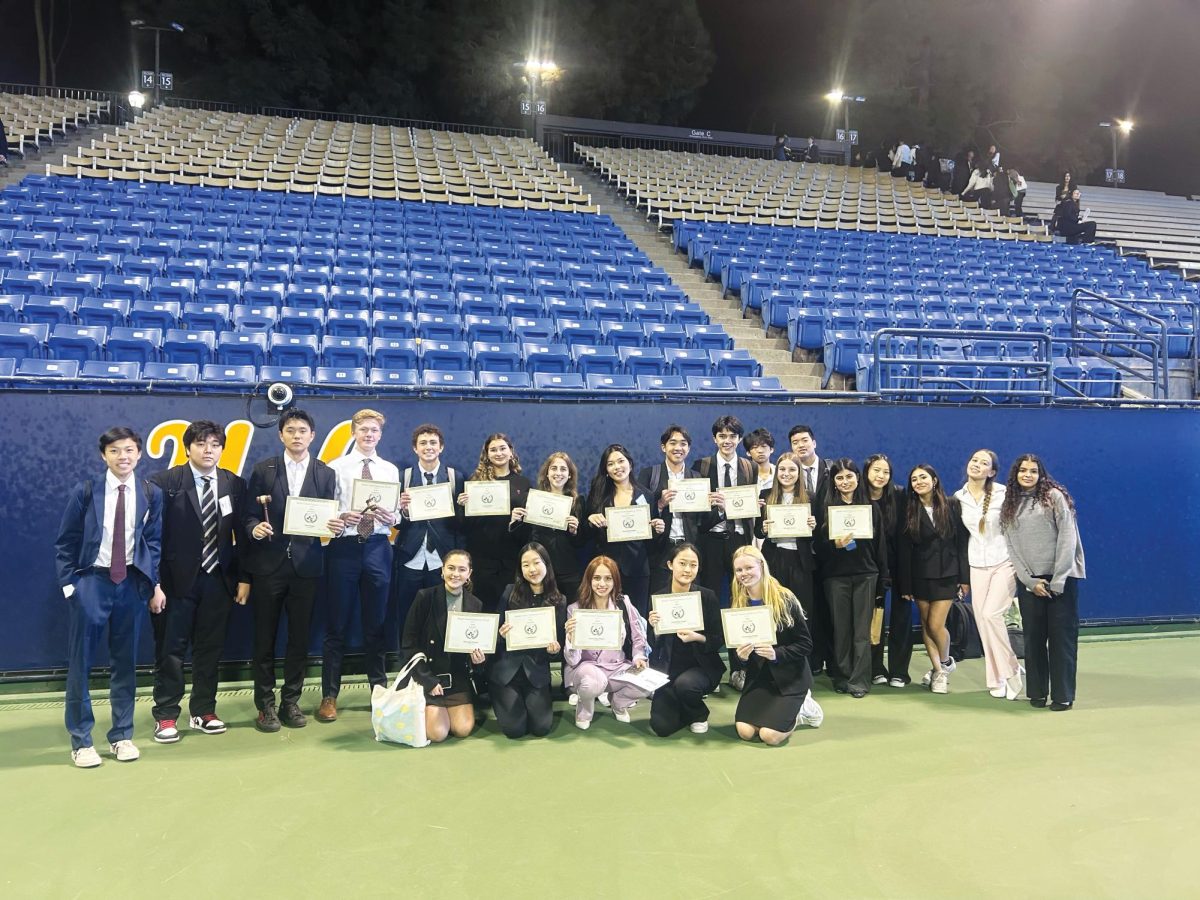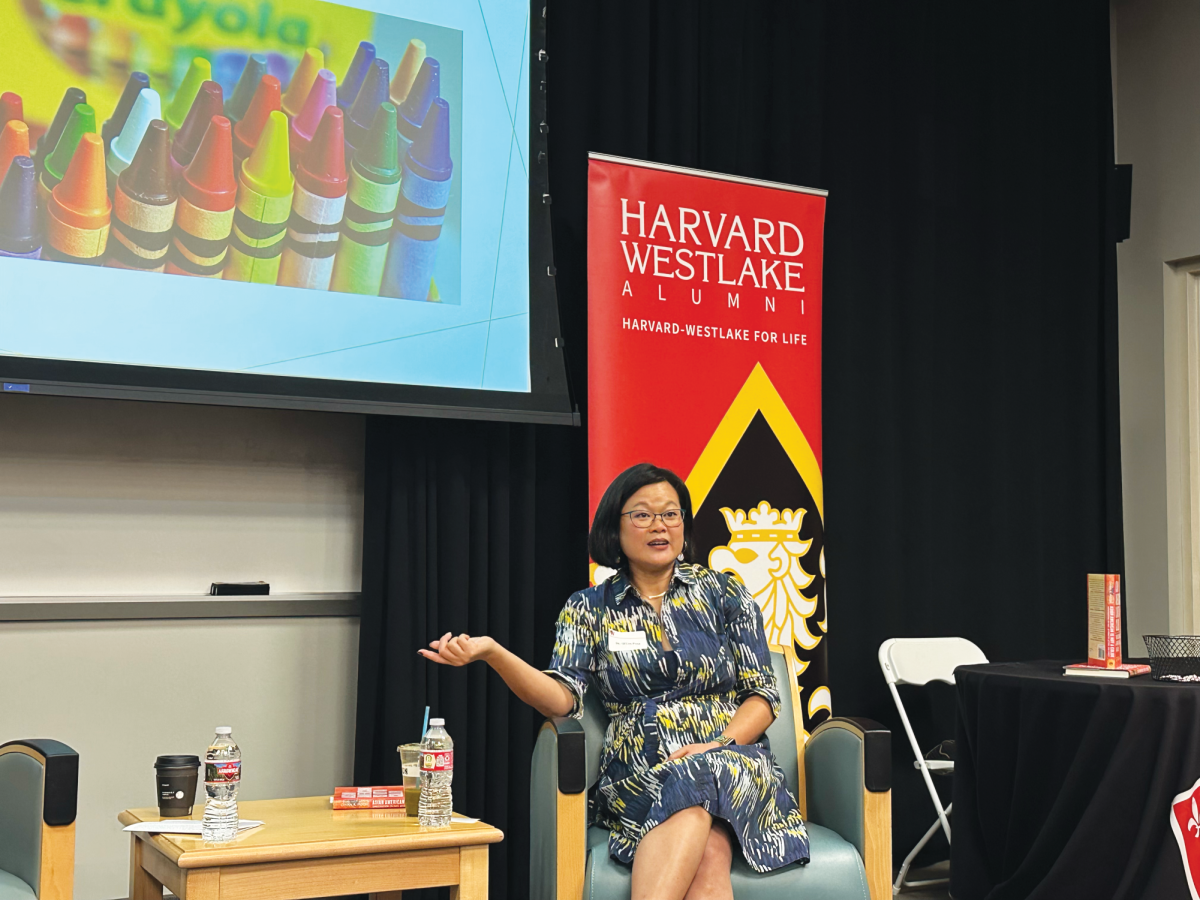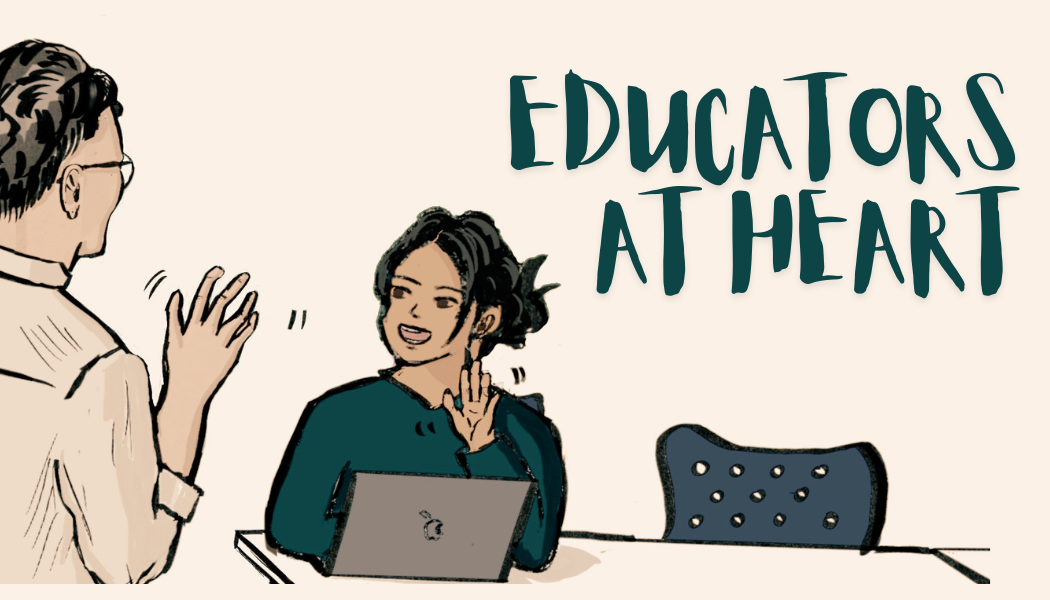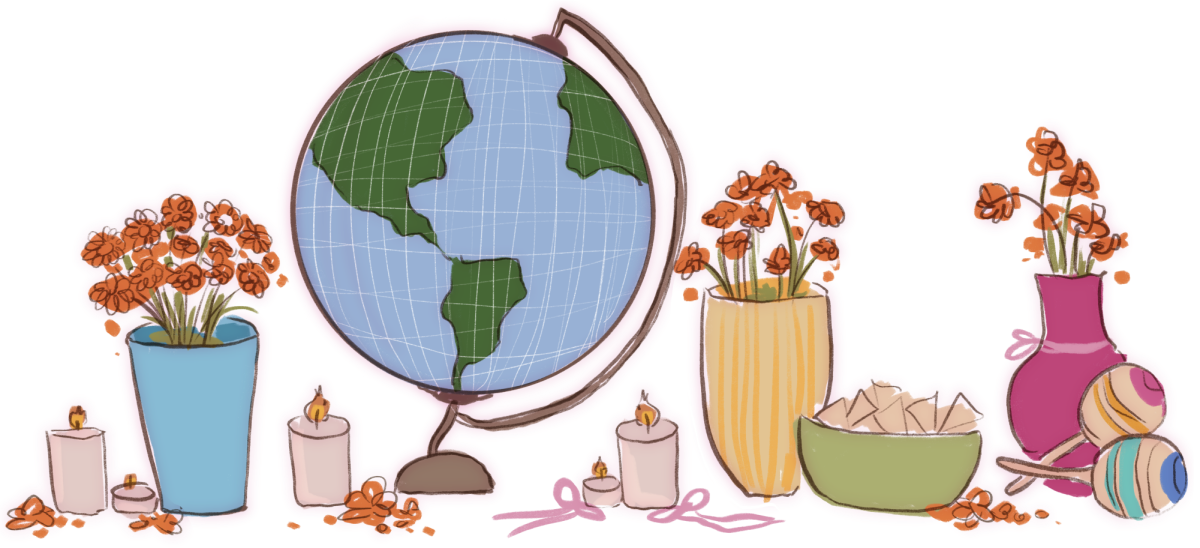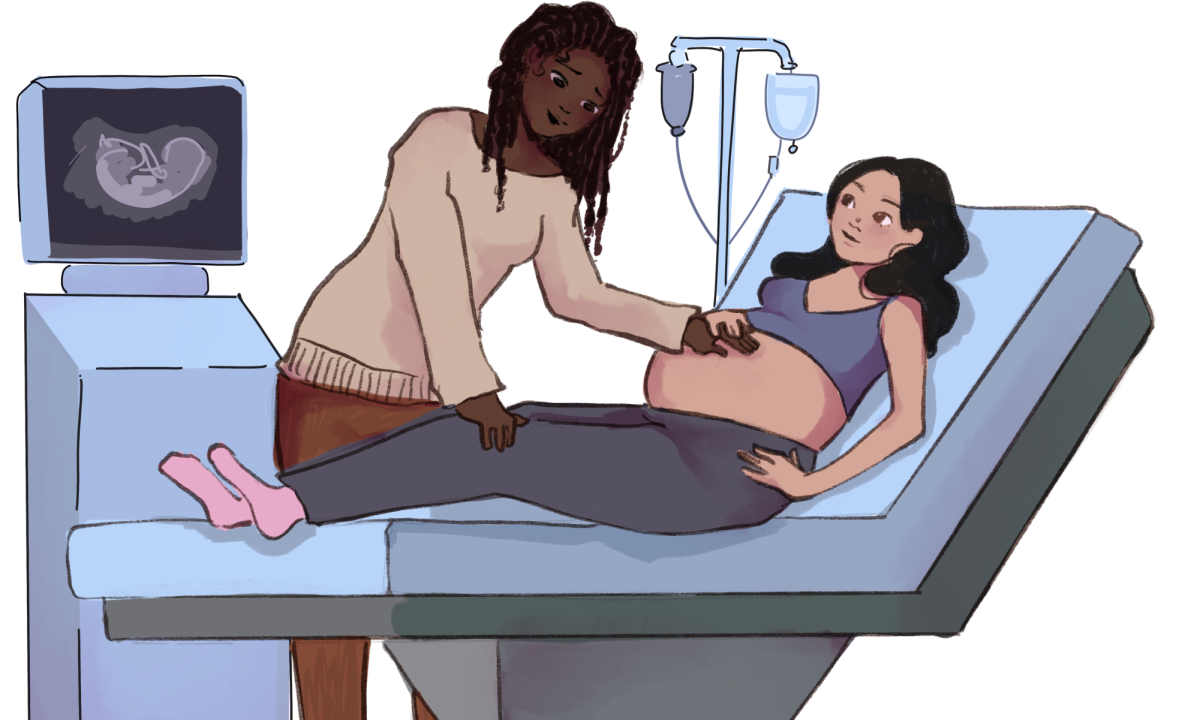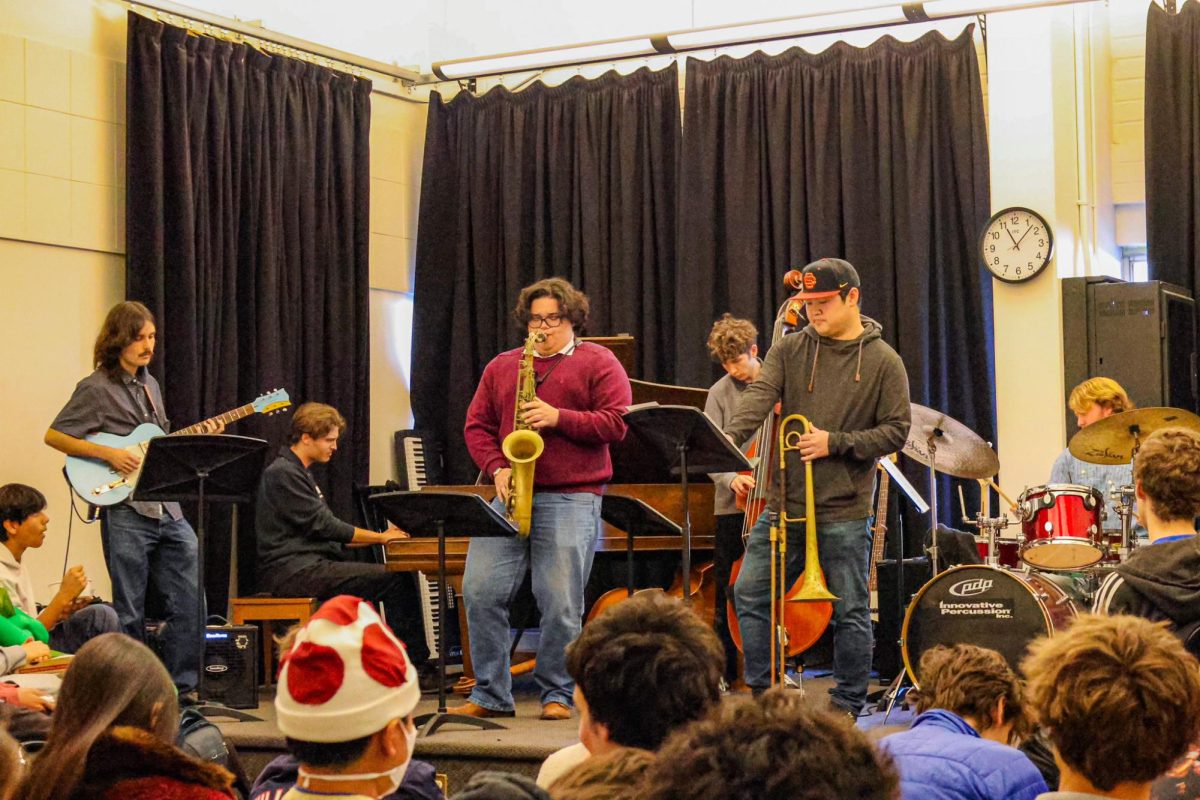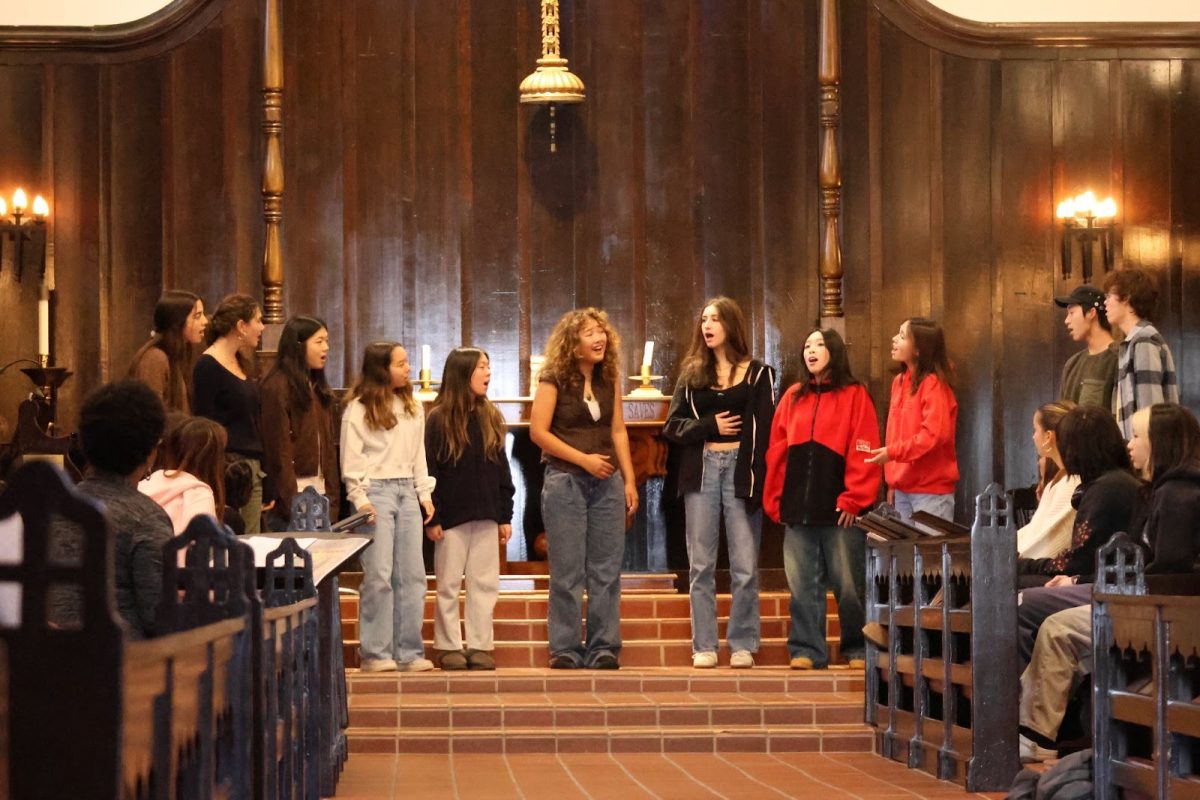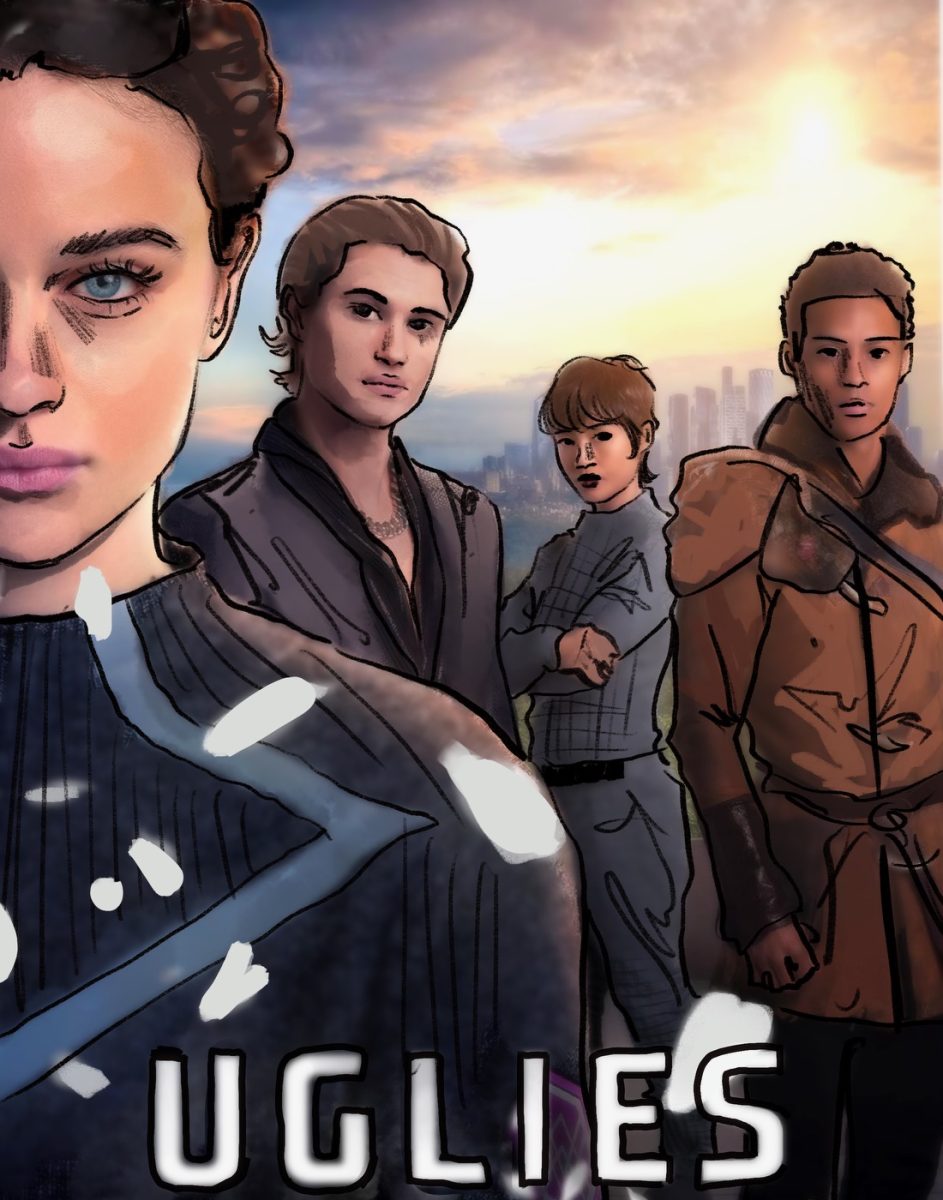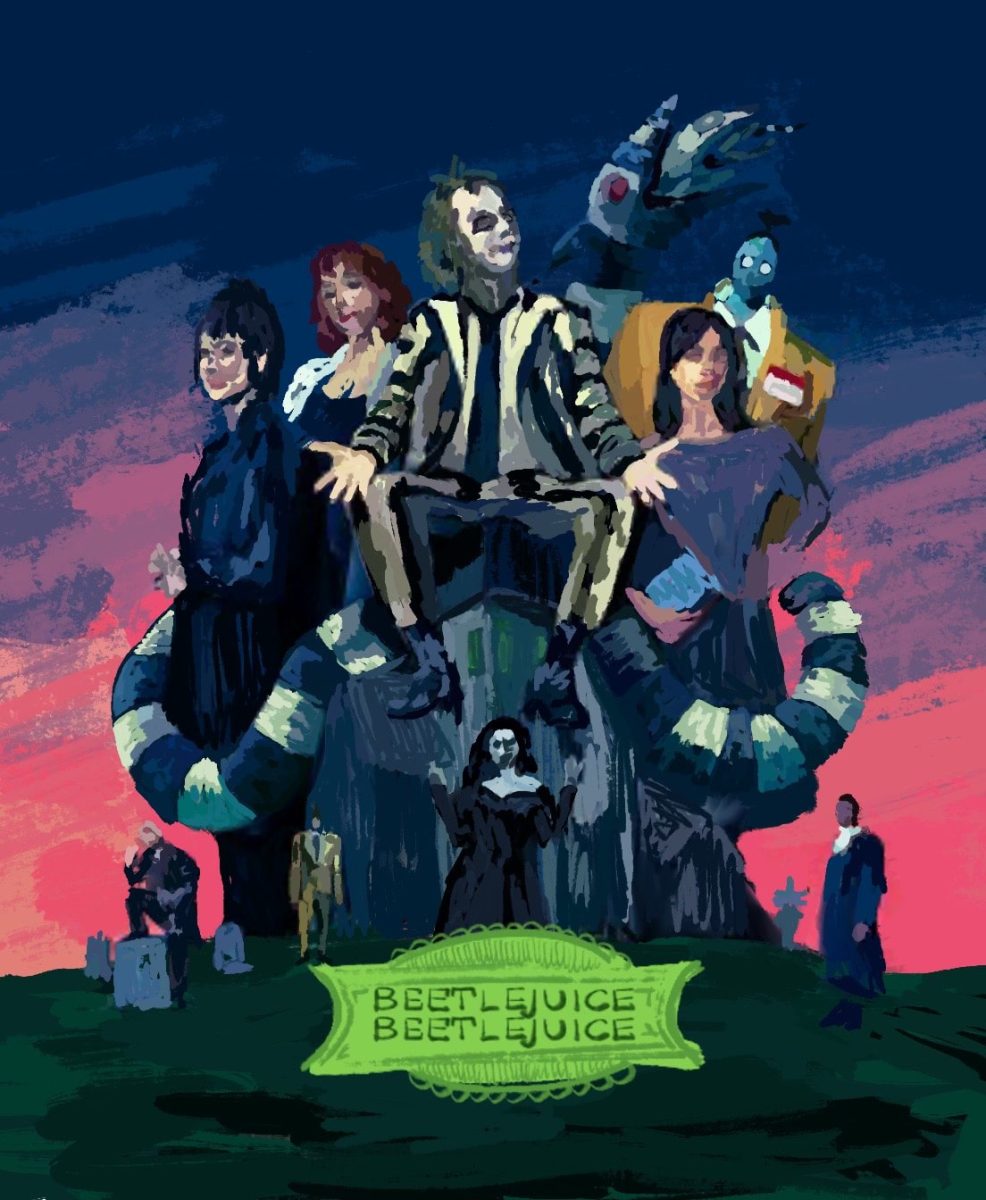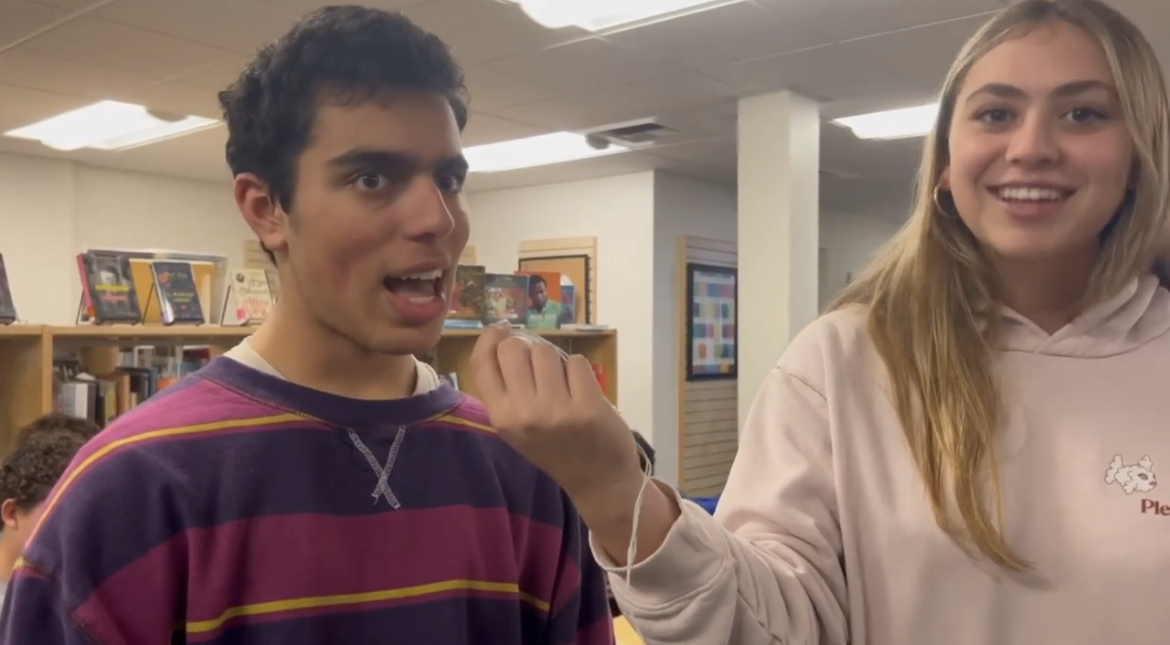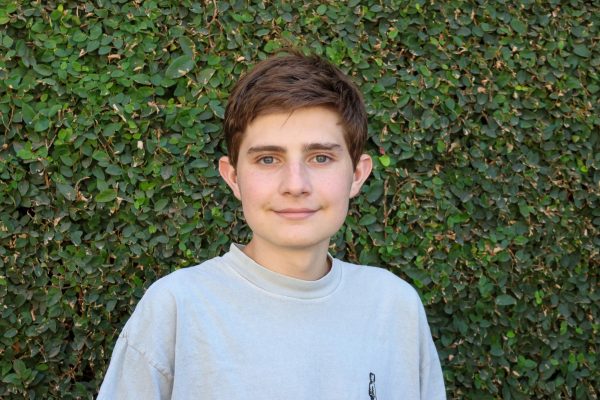Empower held a screening of their new video feature “Roe v. Bro” in Ahmanson Lecture Hall during Conference Time on Dec. 15. The video was a compilation of members of Empower asking male students on the Quad basic questions about women’s reproductive health and political rights.
The production is a sequel to Empower’s previous “Roe v. Bro” video last year, inspired by a social media phenomenon of the same name. The video’s title is a reference to the Supreme Court case Roe v. Wade, which protected abortion as a constitutional right.
Co-President of Empower Harper Fogelson ’24 said the club’s goal in producing this video was to educate students about women’s issues through a funny and entertaining format.
“[Roe v. Bro started] pretty much as this girl asking guys a bunch of questions about girls and their bodies or their rights, or whatever it may be, questions that we think should be common knowledge, but that, unfortunately, are not,” Fogelson said. “So, [our goal was] just bringing awareness to these different things that everyone should know, and making it a funny and engaging way to learn more.”
Co-President Janie Chandrasekhar ’24 said the popularity of the previous “Roe v. Bro” video led more students to participate this year.
“We just got a camera and went out on the quad,” Chandrasekhar said. “I think people must have seen the video from last year, because this year we had lines of people waiting for the interview, doing research and searching for facts about women.”
Tyler Park ’25, who appeared in the video failing to answer questions about tampons, said he enjoyed being featured despite giving incorrect responses.
“It was really embarrassing, but I think that was the point,” Park said. “I think it was just really fun when my friends got things wrong and when I said things that were wrong, as well. Everyone was just learning, and it was a good experience overall.”
Chandrasekhar said the lack of knowledge of the students in the video was disappointing and highlighted a need for better sex education.
“Women make up a large part of the population,” Chandrasekhar said. “It’s pretty shocking to hear that men, and also sometimes women, don’t know a lot about women’s history or women’s bodies. I think in [human development] classes, too, there are some things that somehow become taboo—like things about women’s bodies, they won’t always teach to the men—which I think is pretty shocking.”

